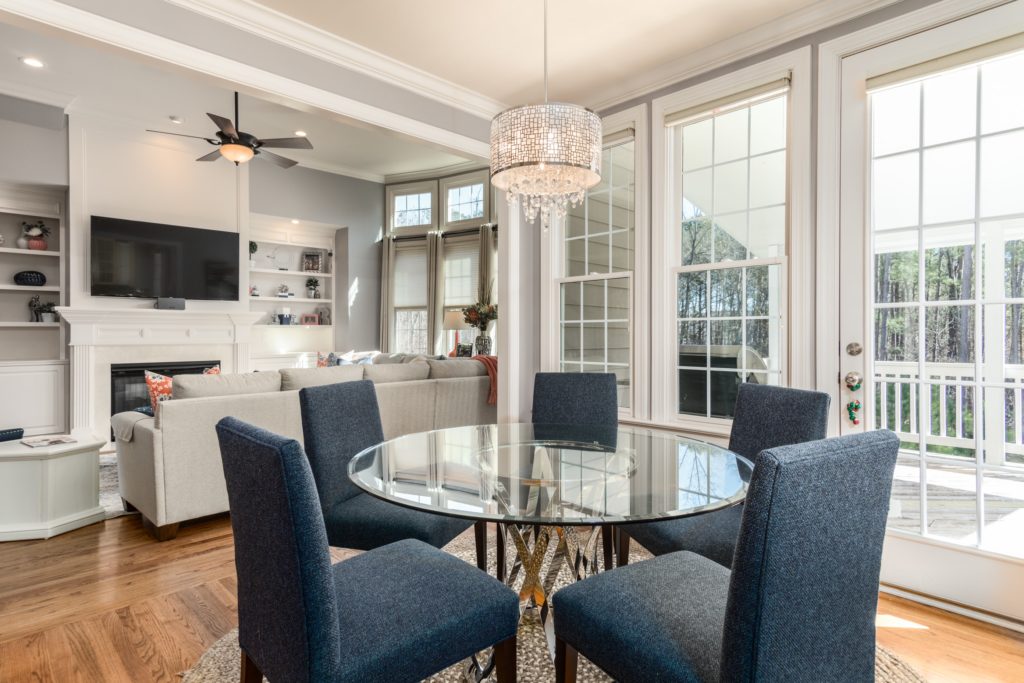The prospect of buying and owning a house and making it your forever home is perhaps everyone’s dream. But sometimes, things just don’t go your way and you decide to sell the house you just bought. One day you’ll just wonder to yourself “How soon can I sell my house after purchase?” Whatever the reason may be for your decision, selling a house you just bought may not be as easy as you think.
You may be forced to relocate due to a job emergency. You may be required to move due to a medical emergency. You might realize that paying for a house at the moment is out of your budget. It can even be buyer’s remorse. Selling a recently bought property isn’t as easy as you think and it might even result in a loss if you’re not careful.
Reasons for Selling a House After Purchase
If you’re a house flipper, it’s understandable why you would want to sell a house right after purchase. But not everyone has the penchant for buying and remodeling houses and selling them for profit.
There are a number of reasons why you might want to sell a newly purchased house. Whether the reasoning is financial, work-related, or something personal, most of these reasons are unexpected.
In a report from the National Association of Realtors, it is found that 75% of buyers plan to stay in their house for eight years at the very least. The same report also says that 6% of buyers expect to stay in their homes for three years or less.
Here are some common reasons why someone might decide to sell a newly purchased house.
- Financial Challenges – Losing a job can put a big toll on your finances, especially if you just started on your mortgage. This will eventually lead you to sell early.
- Emergency – There are some unforeseen events in life that you might just not be prepared for. When someone in the family is ill or is in need of medical attention, bills will need to be covered. This might be a reason for someone to sell their newly purchased house.
- Job Relocation – Some people go where their work takes them. So this may impact their decision as to which property makes sense to keep.
- Profit – The real estate market can be really competitive these days and you might just be sitting on a gold mine. Perhaps you’ve gained quite an equity in your house already and it would be in your best interest to sell and turn a profit while the market is hot.
How Soon Can I Sell My House Without Loss
Upon buying a house, you will be spending money on closing costs. If you want to recoup this expense, you will need to appreciate your house’s value first before selling. Aside from that, there are other expenses like selling and moving expenses that should also be considered before selling.
If you don’t want to sell your house at a loss, you need to know about the breakeven point.
What is The Breakeven Point?
The breakeven point is when you sell your house and get the money you invested in it back without a loss. House prices tend to rise in a normal market. This offsets the costs of owning a house and the transaction costs associated with buying and selling.
Mortgage rates fluctuate and as such, break-even points would vary across the market. If you must sell your house after purchase, you need to carefully calculate your break-even point.
Calculating for Homes Breakeven
In general, you should wait at least 2 years. With the Two Year Ownership and Use Rule, you can get a tax exclusion of up to $250,000 worth of profits on sale, or $500,000 if you are married.
However, if you must sell now, you need to calculate for the breakeven to avoid taking a loss.
If you don’t want to sell at a loss, you need to make back the money you initially put out. This includes your down payment, the mortgage payments you’ve paid so far, and the closing costs. Aside from that, you need to get the mortgage insurance and the property taxes you’ve been paying monthly. Luckily, calculating for this should be easy since they tend to be the same every month.
Most homeowners take at least two years to reach break even point with payments and equity. But you still need to calculate since the market is fluctuating. You need to calculate how much of the mortgage’s balance you’ve already paid or how much equity you have accrued.
You need to determine a realistic price for your home. Even if it’s only been a year since you bought your house, demand in the area changes, and depending on the demand, you may need to settle for less or have it priced higher than when you purchased it. To arrive at a realistic price, you need to research the prices of similar homes in your area and hire a professional to conduct a home evaluation.
The last step would be to calculate the cost of selling your house. If you can sell your house and get back everything mentioned above (down payment, mortgage payments, closing costs, insurance payments, etc.) and have it offset the cost of selling your house, you can sell the house soon after purchase. Don’t forget that you get a nice tax credit if you decide to sell your house after two years instead.
When Is it a Good Idea to Sell Early?
There are instances where you can turn a profit even if you sell soon after purchasing a house.
It may be that the values of the houses in your neighborhood suddenly shot up due to developments in the area. This could be a good reason to sell. Or perhaps, you might have bought your home as foreclosure and got it at a good deal.
Or you might have flipped your house and did a significant amount of renovations that increased its value.
Consequences of selling the home early
Selling a house early can have a number of consequences such as loss of equity, buying and selling expanse, tax implications, and mortgage prepayment penalties. By understanding these variables, you can have a better decision on whether or not to sell your house.
Capital gains taxes
If the house you’re selling is your primary residence and you have been living in it for at least 2 years, the profits from the house sale are exempted from paying capital gains taxes of up to $250,000 for an individual or $500,000 as a couple. However, if you sell it before reaching 2 years of occupancy, the profit from that sale is subject to capital gains tax.
There are some cases where you can be exempted from capital gains tax even if you haven’t reached 2 years of occupancy before selling. This can happen if you move due to unemployment, natural disaster, or death.
Depending on your income tax bracket and how long you’ve owned your home, the rates for capital gains tax may vary. If you are planning on selling early and not sure whether or not taxes may be incurred, be sure to consult a tax professional.
Mortgage prepayment penalty
Another area to consider would be your mortgage agreement. Review this before you sell as some lenders may include clauses for prepayment penalties in the event that you swell your home before a certain period of time has passed. This is to protect the lender from missing out on interest payments that they would have received in the years to come had you not paid the loan too soon through the sale of your house. Normally, mortgage prepayment charges may amount to 2-5% of the remaining loan balance.
Negative buyer perception
Selling too early may have negative implications for the buyer. Whether you like it or not, there is a psychological element to selling houses soon after purchase. Potential buyers might think that you are getting rid of the house because something is wrong with it. As a result, your home’s price may stagnate.
The listing history of houses is readily available online with websites like Trulia or Zillow. People can check how long you’ve had the house before you sell it. If they see that you’ve placed the house on sale in less than two years, buyers will be more apprehensive and will think that there’s something wrong with it.
If you don’t want to receive low offers, you should make it clear why you are selling early.
Don’t Sell Your House without an Experienced Real Estate Agent
So how soon can you sell your house after purchase? The general rule to selling a house is that the longer you hold on to it, the more equity you generate for it. This would help offset the initial cost of purchasing your home and other expenses that come with the transfer to a new owner.
But if you really want to sell your house soon, you should speak to an experienced real estate agent. A knowledgeable real estate agent can guide you through your alternatives, allowing you to make the most money on your transaction while avoiding significant losses or fines.
Fuller Home Options prides itself in making sure every home purchase or sale happens perfectly and that each and every client is satisfied with the results.
Please don’t hesitate to contact Fuller Home Options with any real estate questions.



